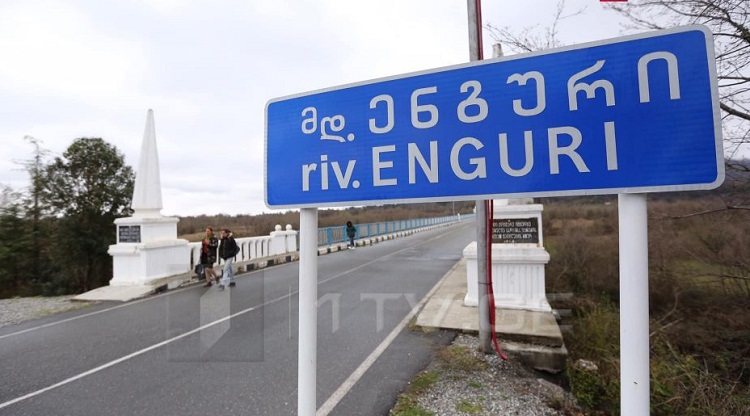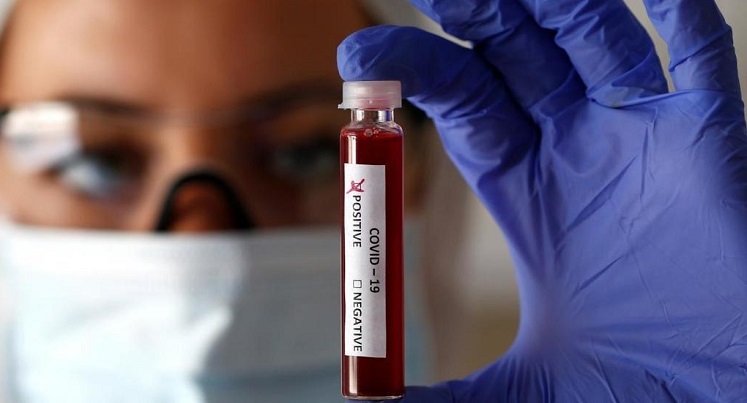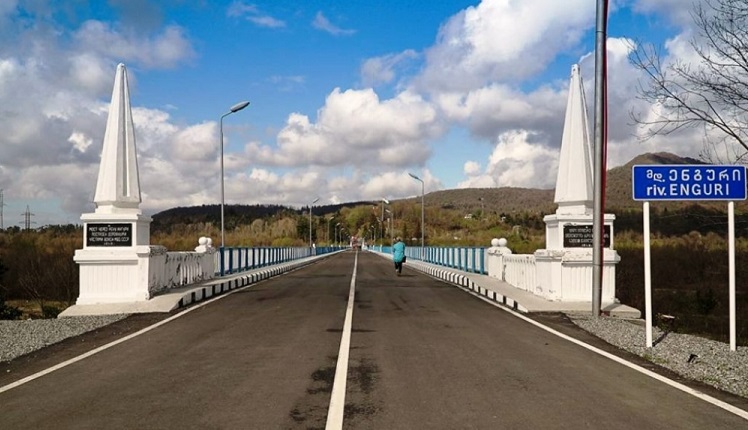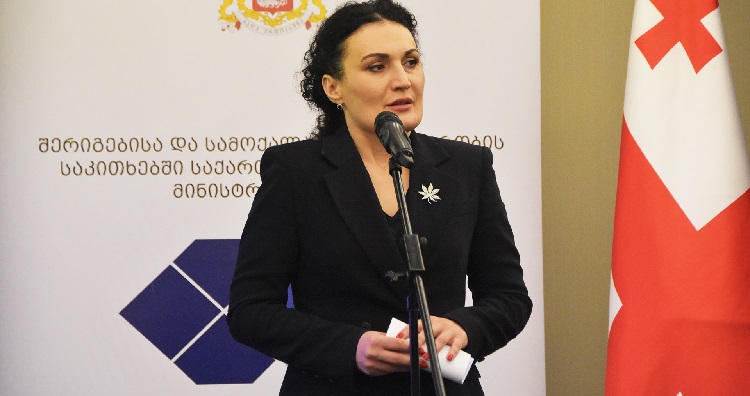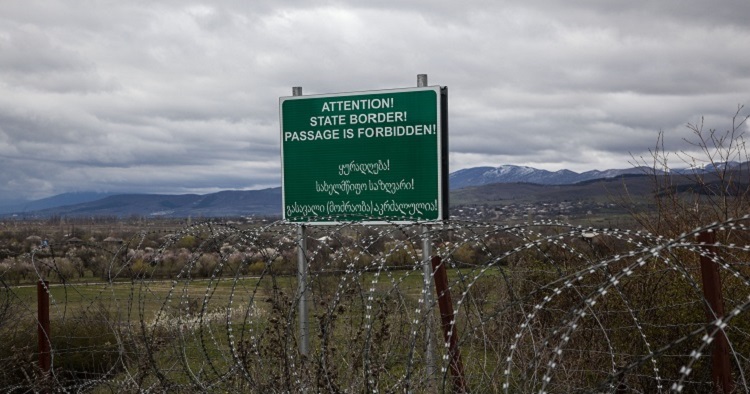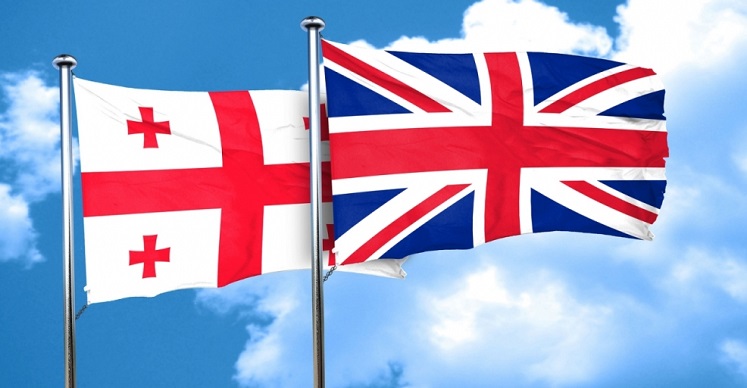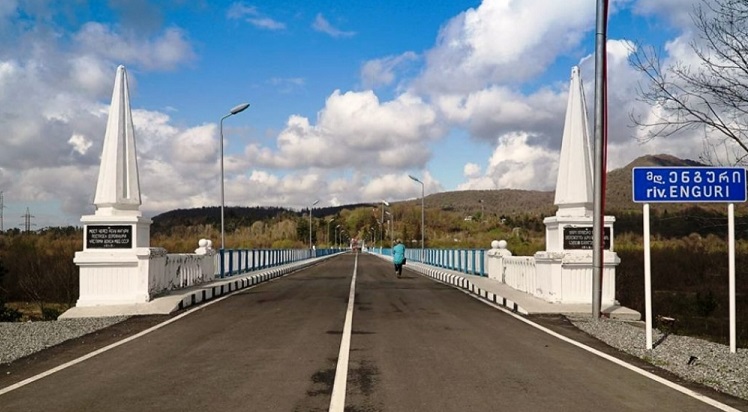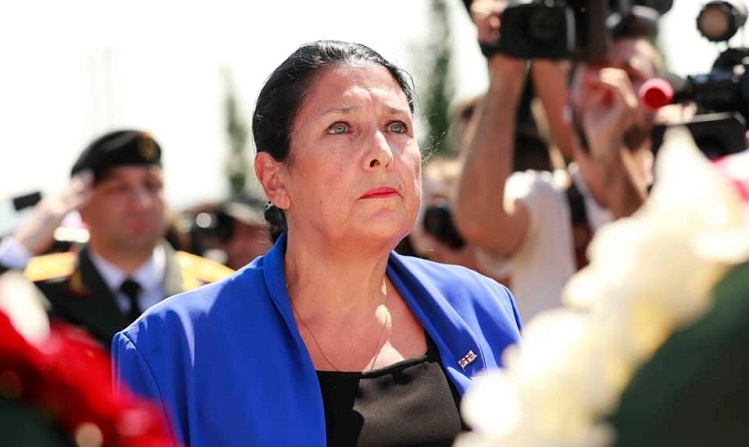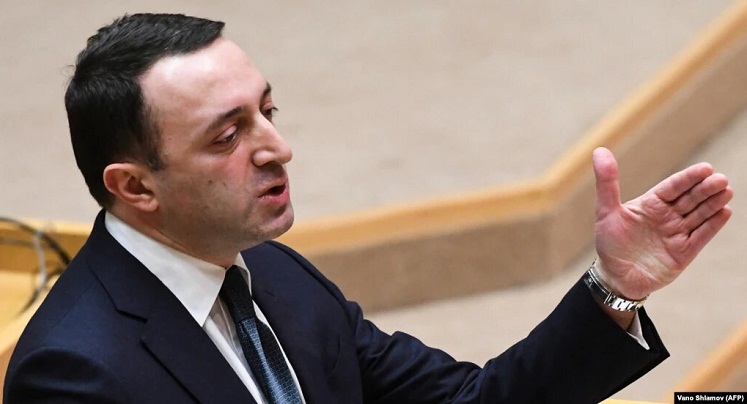Int’l Crisis Group assesses COVID-19 challenges in occupied Abkhazia, Tskhinvali
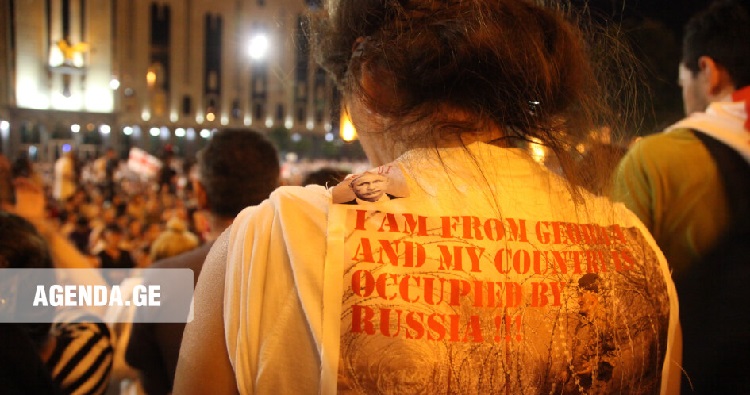
Russia, which occupies 20 percent of Georgian territories, is one of the few countries to recognise Georgia's Abkhazia and Tskhinvali regions as independent states. Photo: Nino Alavidze/Agenda.ge
The International Crisis Group has published a report on the COVID-19 challenges in six ‘post-Soviet breakaway statelets’, including in Georgia’s Russian-occupied regions of Abkhazia and Tskhinvali (South Ossetia).
While COVID-19 threatens people and economies around the world, it creates unique challenges for Abkhazia, South Ossetia, Nagorno-Karabakh, Transnistria and the portions of Ukraine’s Donbas now controlled by Russian-backed separatists”, the organisation says.
It then notes that although all of them have reported ‘comparatively few’ COVID-19 infections so far, ‘these numbers probably reflect limited testing and tightly controlled information’.
Focusing on Abkhazia and Tskhinvali, the report says the occuoied regions have responded differently to the coronavirus pandemic.
It also mentions that officials in occupied Tskhinvali prohibited movement from/to Tbilisi-controlled area, ‘to prevent the virus from spreading’. By contrast, Abkhazia ‘has taken Tbilisi up on its promise to work together’.
Situation in Tskhinvali
The International Crisis Group says that “early in the crisis, several senior Georgian officials called on the WHO and other international organisations to provide support to people living in the two breakaways'.
However, Tskhinvali ‘has been reluctant' to work with them.
The de facto leadership ‘sees collaboration with them as undermining their own demand for international recognition of the region’s independent status’, as these organisations deal with the Georgian government.
The organisation notes that of the self-proclaimed states reviewed in the report, Tskhinvali ‘arguably is at greatest risk’.
As elsewhere, a significant part of the population (17 percent) is elderly. Hospitals are severely underequipped. One of the few doctors in the region refused to work due to lack of basic protective gear at the hospital”, the report says.
It also adds that Russia, ‘which provides a majority of the region’s needs, stopped most exports of medical supplies in early March’.
Moreover, many of the region’s medical professionals ‘have had no training for years, lacking even the know-how to operate 26 ventilators delivered from Russia’.
Situation in Abkhazia
Meanwhile, Abkhazia has taken a different approach and ‘successfully worked with such groups in the past and mobilised foreign aid in recent months’.
The report says that Abkhazia’s de facto authorities reached out for outside help in early March. In response, the UN Development Programme (UNDP) delivered over 12,000 packages of basic medical supplies and sanitisers purchased with US and EU financial support.
The International Crisis Group considers that the situation in occupied Abkhazia is better, ‘although it still presents vulnerabilities’.
Like Tskhinvali, Abkhazia suffers from weak infrastructure, lacks medical professionals and has an ageing population, with nearly 20 percent of residents over 60 years of age. Nearly 80 percent of medical personnel are themselves at high risk, in their sixties or older.
Overall, the organisation says that ‘a coordinated and thoughtful response’ in all of the six 'breakaway statelets' could: help build bridges, save lives and mitigate longer-term dangers, laying the groundwork for engagement and greater understanding between warring parties that could one day help facilitate a more sustainable peace.
 Tweet
Tweet  Share
Share


